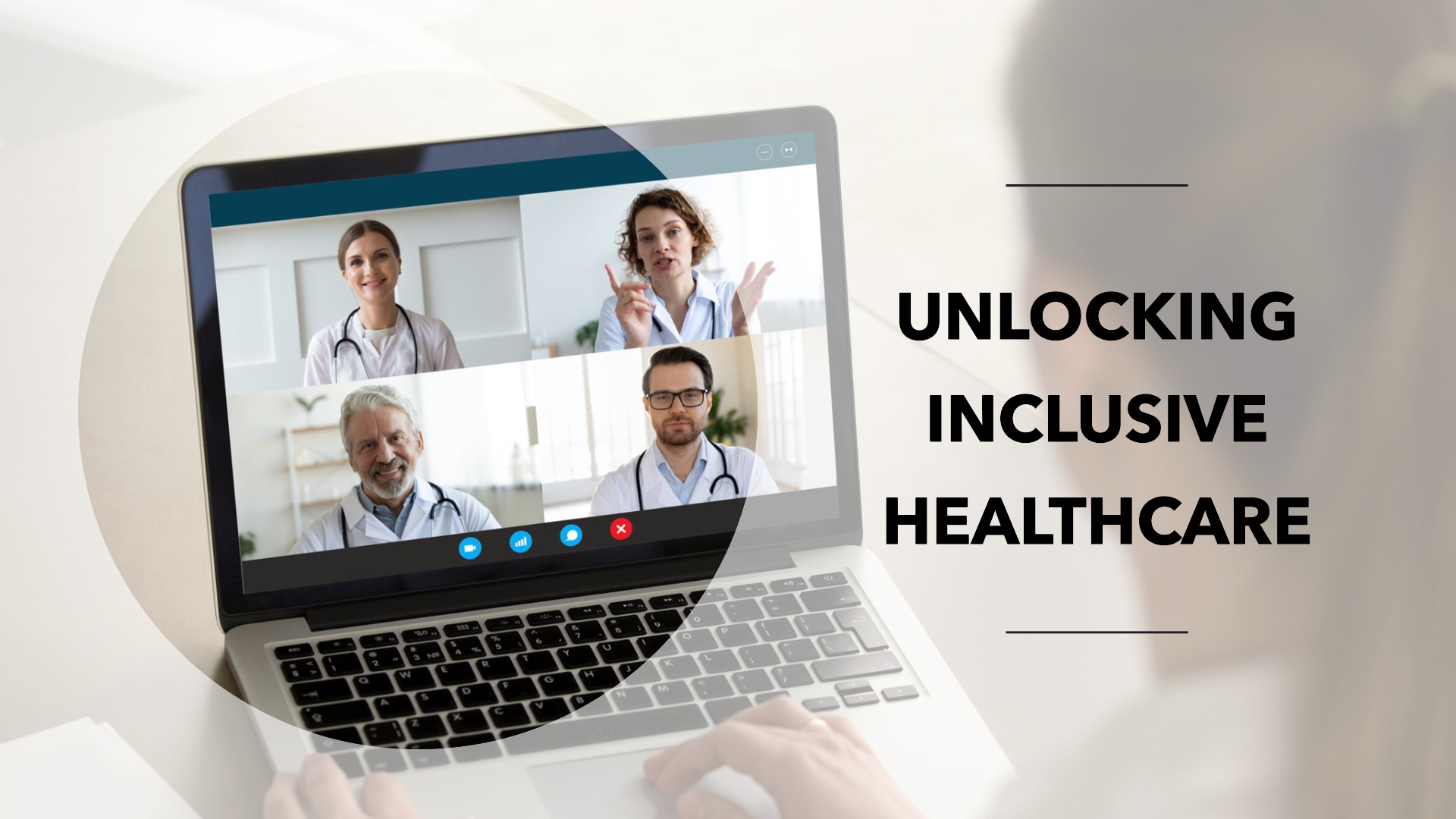AI has undoubtedly been a growing presence in the healthcare industry, shaving years and billions…
I believe that the biggest opportunities in digital health are in artificial intelligence. It can unlock valuable insights to deliver better models for fitness, sports, disease management, care giving and lifestyle monitoring. Artificial intelligence is not new for health care. It has been in use in the fields of medicine, finance, education and so on. Over the past few years, virtual assistants have become smarter to help patients manage their conditions. As a result, AI-based solutions are continually evolving.
Artificial intelligence is seen as a major disruptor in the healthcare industry. But as with other now mature technologies, such as those employed by the retail industry, few healthcare organizations now question how AI can be used to improve operational efficiency and patient outcomes. The questions that many hospitals and clinics still struggle to answer are: What kind of AI do I need? Do I have the right people to implement it? Is my organization ready for AI? And most important, what will it cost me?
AI is on the rise, and that can mean big business for the healthcare industry. With the ability to process large amounts of data and access previously unconnected data sets and structured and unstructured medical records, highly trained AI technology can help doctors and healthcare professionals do their jobs easier and more effectively than before, while saving lives and money in the process.
For years, artificial intelligence has had its doubters — but we’re finally starting to see the first real-world applications of AI in healthcare . It’s no longer futuristic or even overly complicated. Though there’s a lot of hype and noise around AI and healthcare, it’s advancing quite rapidly and early on is focused on real and tangible use cases .
AI is changing the medical industry faster than anyone ever anticipated. Most people associate AI with the rise of smart, human-like robots that some fear will one day replace us. However, these visions of a dystopian future are far from reality. In fact, the medical field is just getting its first taste of artificial intelligence, which promises to drastically improve both our health and standard of living in the coming years…
Data-driven artificial intelligence can spot patterns in healthcare data
Even when humans struggle to find trends. Essentially, this means AI can uncover potentially signifigant trends and associations between factors previously thought to be unrelated.
Artificial intelligence is capable of processing vast amounts of data at lightning speed, allowing it to uncover patterns, trends, and associations between factors previously thought to be unrelated. This capability makes AI a formidable tool for detecting patterns in healthcare data that would be practically impossible to detect using traditional time-consuming, human-powered research. Artificial intelligence is capable of processing vast amounts of data at lightning speed, allowing it to uncover patterns, trends, and associations between factors previously thought to be unrelated.
Artificial intelligence is now being used to help explain why people behave in certain ways, with novel findings published in leading scientific journal PNAS1. The research, by an international team of scientists from the University of Cambridge, MGH, Google, Stanford University and SAP A.I., highlights the potential for artificial intelligence to become a useful tool in clinical decision making for psychiatrists, or even to help identify specific genes that could be contributing to mental health conditions.
Artificial intelligence is now being used to help explain why people behave in certain ways, with novel findings published in leading scientific journal PNAS… Research using artificial intelligence has uncovered new insights into the field of psychiatry. The findings only further prove how important it is to continue to study mental health conditions. The artificial intelligence algorithm was trained using machine-learning techniques to predict an individual’s mental health condition, based only on the words used in the patient’s electronic medical records. The software can spot patterns of word use that are associated with the 14 most common psychiatric disorders.
We agree that a successful digital healthcare transformation is challenging, but with Digital Salutem everything is possible. Contact us for more relevant details. To find out more about how we can help you with your Digital Healthcare Transformation, Healthcare organizational growth, or Healthcare brand positioning, please get in touch via phone +44 (0) 203 3620421 or via e-mail: info@digitalsalutem.com





